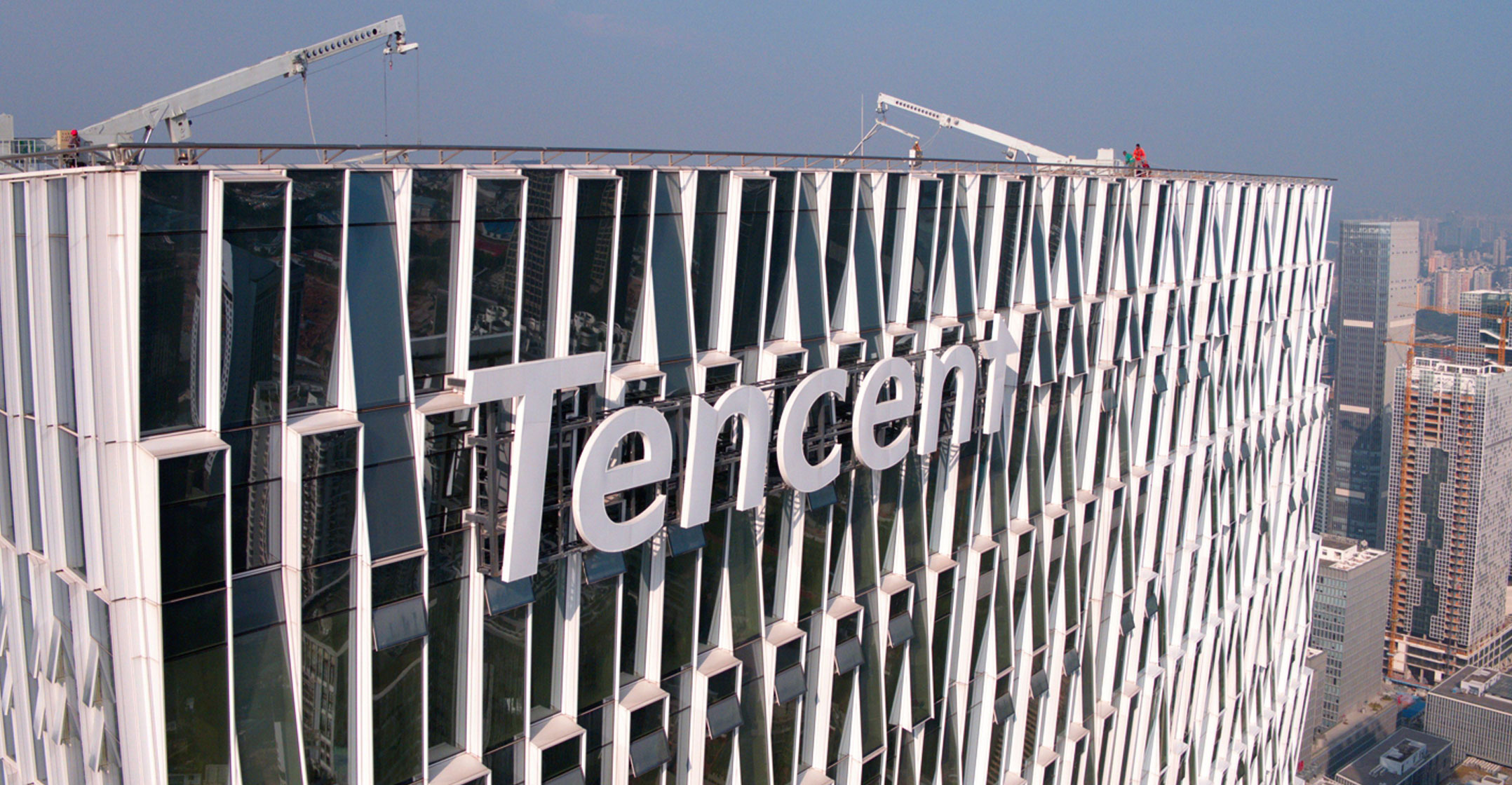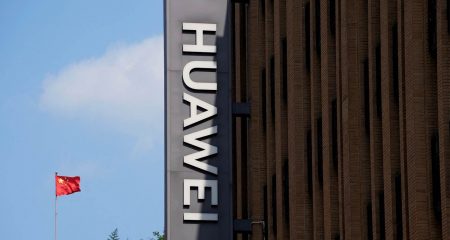 China’s unprecedented crackdown on its technology industry has turned Tencent Holdings from a market darling into the world’s biggest stock loser this month.
China’s unprecedented crackdown on its technology industry has turned Tencent Holdings from a market darling into the world’s biggest stock loser this month.
The Chinese Internet giant has tumbled 23% so far in July, set for its worst month ever after erasing about US$170-billion (R2.5-trillion) of market value. That marks the fastest evaporation of shareholder wealth worldwide during this period. Nine of the top 10 losers in shareholder value this month are Chinese companies, including Meituan and Alibaba Group.
The Shenzhen-based firm is one of the key casualties of an official campaign that targets some of the nation’s tech behemoths considered posing a potential threat to China’s data security and financial stability. The selloff in its shares has intensified in recent days after Beijing broadened the regulatory clampdown to include other once high-flying industries such as private education.
“I don’t see an end to the regulatory crackdown. Data security is a top priority to policymakers in the coming years. It’s a new normal,” said Paul Pong, MD at Pegasus Fund Managers. “Valuations will have to be adjusted to cope with that, especially for technology giants like Tencent.”
The regulatory storm has resulted in penalties such as the loss of exclusive music streaming rights and antitrust fines for Tencent. This week, the company said it was also suspending new user registration for its popular WeChat services and was ordered to fix mobile app-related issues.
Cheap?
Despite concerns about further punitive measures from regulators, the company’s stock is starting to look cheap and most analysts have refrained from cutting their price targets: Among the 68 analysts who have a rating on Tencent, 62 still recommend the stock as a “buy”. The average target price among analysts is HK$736.30, representing a 65% premium over Wednesday’s close.
At HK$447.2, the stock is trading at 22.5x forward earnings, well below its historical average of 30x. It also has fallen to the most oversold level in more than six years.
“Tencent trading below HK$500 is attractive, but the upcoming earnings will be a key thing to watch,” said Pong, adding that if the firm can achieve 20-30% growth, its shares could enjoy a solid rebound. “Because that would show they can still maintain good profitability in this tough environment.”

To Citigroup analysts including Alicia Yap, any substantial share buyback by the company could also help reverse currently poor investor mood.
“We believe if major Internet companies announce new share buyback programmes or increase size of existing buybacks, it would demonstrate the management’s confidence in fundamentals and reassure investors on profit growth outlook,” Yap and her colleagues wrote in a research note. Yap has a “buy” rating on the stock. — (c) 2021 Bloomberg LP




